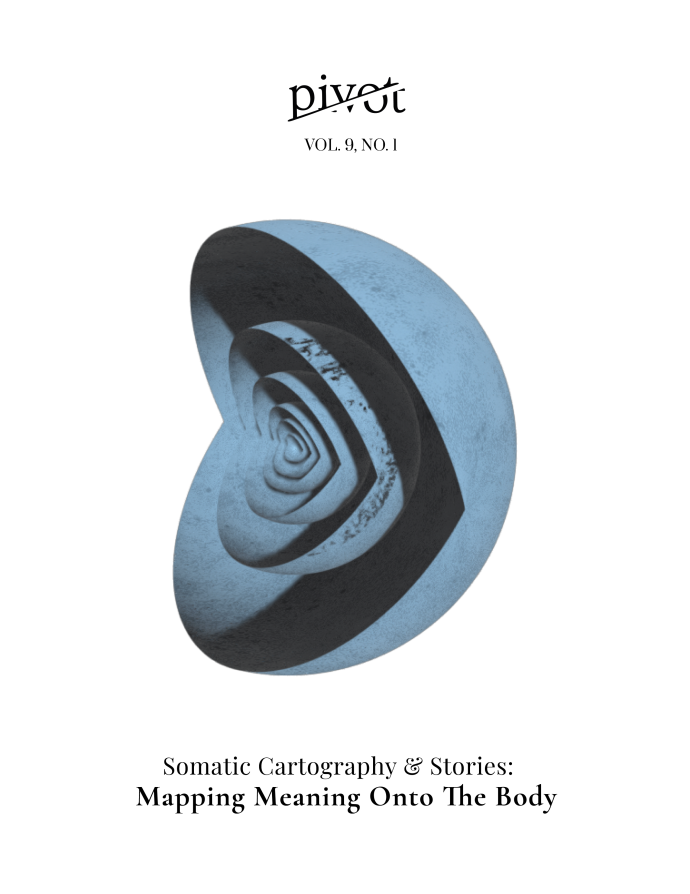Democratizing the Museum: Disability and the Need for Accessibility
DOI:
https://doi.org/10.25071/2369-7326.40318Abstract
Unbothered by disruption of body and mind, the abled body moves and acts freely without consequences. This abled body, within the vernaculars of visual culture, represents a dogmatic portrayal of naturalism that privileges itself as the normative representation of idealism. However, these sentiments affirm bias for the disabled body, as well as sensory and mental impairment, as undesirable. Historically, politically, and culturally marked by their differences, these polarities of disability and ability reveal the systematic ableism that is presented within the exhibition of museums and galleries. By examining the relationship between disability and museum studies, this paper looks at how exhibitions engage with disabilities in relation to ableism and the notions of the ideal citizen. Considering the historical, social, and political discourse of disability, this paper considers how exhibitions can confront the stigma of disability by analyzing the relationships between visual culture and disability, the universal survey museum, and its exclusion of the other. Through close examination of accessible galleries, such as Tangled Art + Disability Gallery, I argue that the democratization of museums through the inclusion of others creates inclusivity that reflects the new era of museum studies and the current construction of identity politics.

